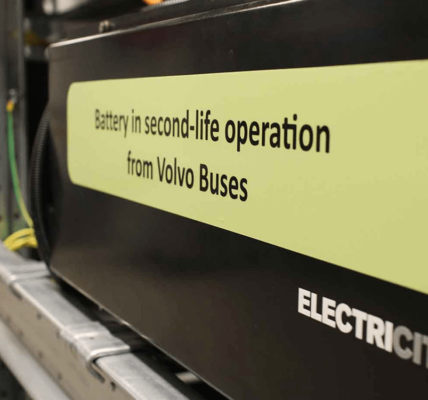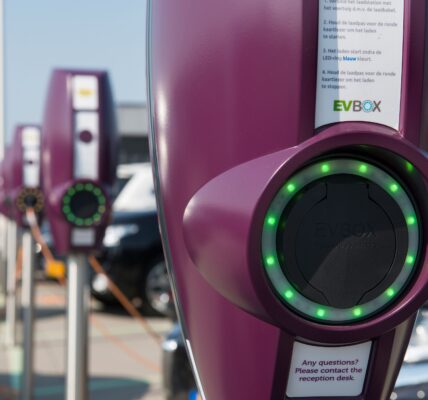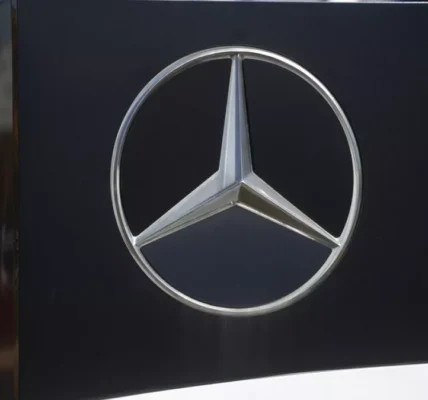Groupe Renault, Partners Develop XCEED Blockchain Project To Certify Compliance Of Vehicle Components
Groupe Renault has developed the XCEED (eXtended Compliance End-to-End Distributed) blockchain project to certify the compliance of all vehicle components, from design to production.
Designed and implemented in collaboration with leading automotive industry players, this tool enables greater responsiveness and efficiency at a time of ever-greater regulatory stringency. New market surveillance regulations came into force on 1 September, introducing enhanced regulatory controls for vehicles already on the market. The entire production chain thus has to adjust its structure to repond to the regulatory authorities within shorter timeframes.
Based on “Hyperledger Fabric” blockchain technology and deployed in collaboration with IBM, the XCEED project is designed to track and certify the regulatory compliance of vehicle components and sub-components.
Hyperledger Fabric—from The Linux Foundation—is the modular blockchain framework that has become a standard for enterprise blockchain platforms. It offers an approach to consensus that enables performance at scale while also preserving the data privacy enterprises demand. Through open source and open governance, it features innovative new capabilities hardened for use by businesses.
Blockchain technology makes it possible for information to be shared and tracked by several actors, underpinning competitiveness and operational excellence in the automotive industry. It speeds up the information-sharing process, with data available in real time, and delivers greater efficiency in a network that is distributed rather than centralized.
With XCEED, blockchain is used to create a trusted network for sharing compliance information between parts manufacturers and vehicle manufacturers. The decentralized nature of blockchain technology means each party maintains data control and confidentiality, without compromising its integrity, while simultaneously increasing security and confidentiality.
The security and confidentiality features offered by blockchain prompted the automotive industry to come together for this pioneering initiative.
Launched in 2019, XCEED is the result of collaborative work between automotive industry partners (Continental, Faurecia, Plastic Omnium and Saint-Gobain), the fruit of collective intelligence and an adaptive agile methodology that marked an unprecedented multi-company approach to data-sharing and project management.
Testing at Renault’s Douai plant was used to consolidate the value and performance that blockchain technology delivers for the automotive industry, with more than one million documents archived and a speed of 500 transactions per second.
“The XCEED project we initiated is a powerful illustration of Groupe Renault’s capacity to innovate. We are convinced that blockchain is a vector for transforming the automotive industry. Blockchain technology really comes into its own in a vast ecosystem involving a number of different companies, providing a link between the partners’ various processes, computer systems, and databases. There are multiple uses for this type of technology in the automotive industry, where we have exchanges with countless actors from outside the company, such as suppliers, clients, and independent distributors.” —Odile Panciatici, Blockchain Vice President, Groupe Renault.







